Sneak peek: When kids engage in playing with blocks, it builds real cognitive skills. Some insights into the benefits of block play.
I recently put together a new bookshelf for my office. You know the ones that come in pieces from IKEA or Walmart, and you have to assemble them yourself. The instructions are heavy on pictures and light on words…not my vibe. They often include not-so-helpful words like “snap” or “click,” which, in my experience, hardly ever happen in real life. About 2 pages in, I called in my 10-year-old son to help. Even at his age, he has better spatial skills than I do. Much of this I give credit to genetics (his dad is an engineer) and him playing with blocks of all sorts when he was younger.
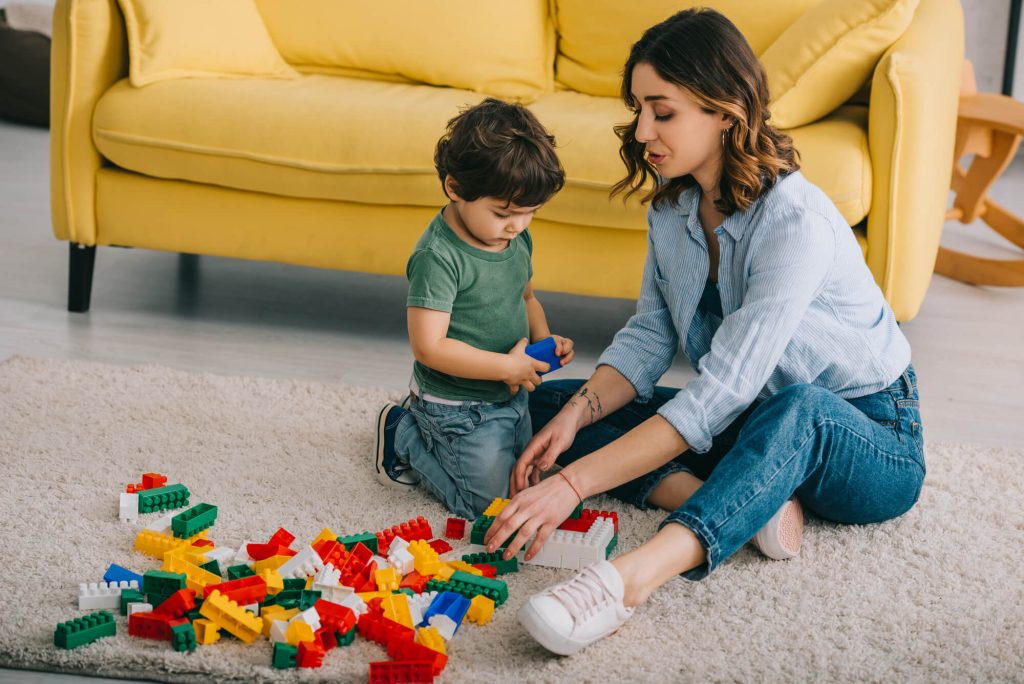
Benefits of Playing with Blocks
Emerging from the study of child development, there are now dozens of studies showing the cognitive benefits of playing with blocks in early childhood. Here are just a few highlights:
- One study showed that kids (ages 4-7) who played frequently with blocks and puzzles (more than 6 times per week) had better scores on tests of spatial ability
- Another study found that kids who played block-building games (as compared to word games) had better spatial abilities. This study actually included brain scans in which researchers could see the areas of the brain for motor and spatial abilities “activate” in the child using the block-building games.
This research is not really surprising when you consider the skills involved in block play. Much like my furniture assembly task, playing with blocks involves a lot of spatial reasoning and being able to imagine the rotation of 3-dimensional objects in space.
Related reading: The Preschool Tour Checklist to Help Choose the Right Preschool for Your Child

While my 10-year-old has always been a big fan of block play, my younger son (age 6) has been slower to come around to the idea. He hasn’t taken to Legos with the same ferocity as his big brother. Given the research on the benefits of block play in early childhood, however, I’ve persisted.

Gradually, he has been coming around to different ways of playing with blocks and spatial toys. For example, we received a competitive block-building game called Build or Boom as a gift. He really took to this because it included a bit of competition and a way to “explode” another person’s creation. Not my idea of the most cooperation-building toy, but he liked it.
Fostering a love of block play in early childhood is worth pursuing. For example, in one study of toddlers, researchers found differences in kids’ spatial abilities and early math skills as early as 3 years of age, based on their experience with block play and puzzles. 3-year-olds who had more playtime with blocks and puzzles rated higher on spatial and early math skills, which can have implications for later STEM-related skills.
This is not to say that you should force your toddlers or preschoolers to play with blocks, but trying to make them available as an option for play is helpful. If your child is reluctant, like my son, then offering some new ideas for ways to play with blocks could help.
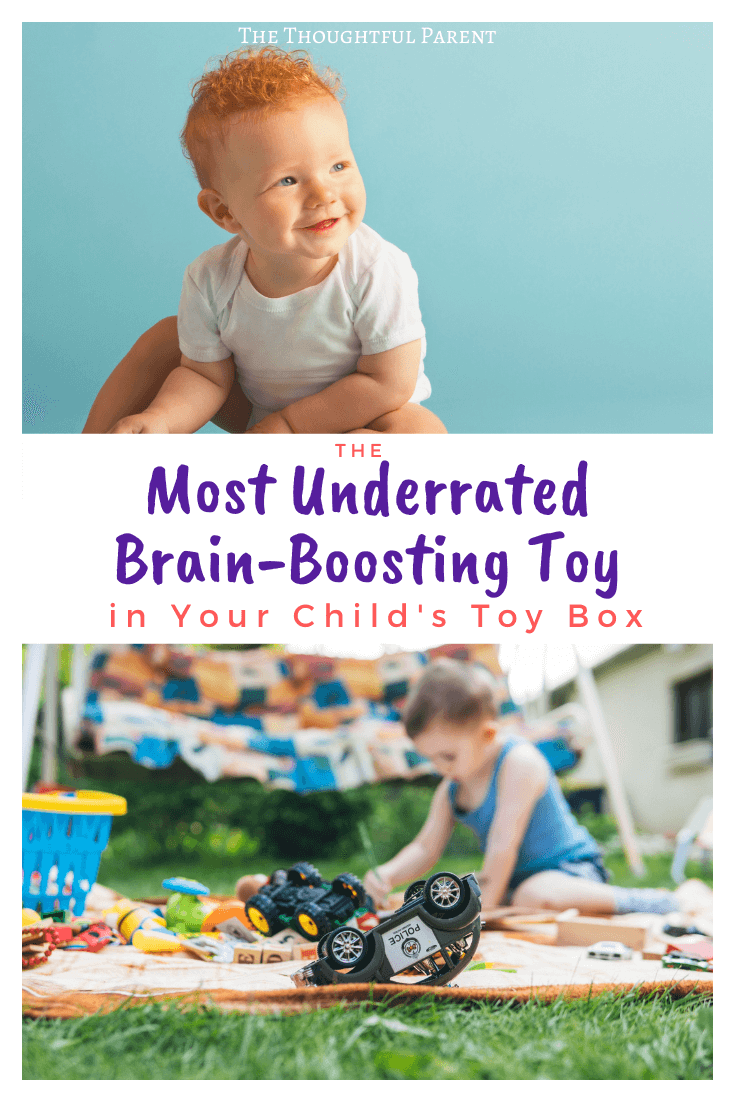
If your toddler isn’t keen on playing with blocks yet, consider some fun, new ways to incorporate blocks into their play:
- Use very large blocks (like these) to build forts, castles or pyramids
- Have block-building challenges in which kids create new block creations in a set time. This is the block-building challenge game used in at least one of the research studies: Blocks Rock!
- Use lettered blocks to create their name or fun words
- Use blocks with characters on them to foster pretend play
- Add marbles or balls to the mix with blocks to create marble runs or paths (once kids are out of the “put everything in their mouth” stage)

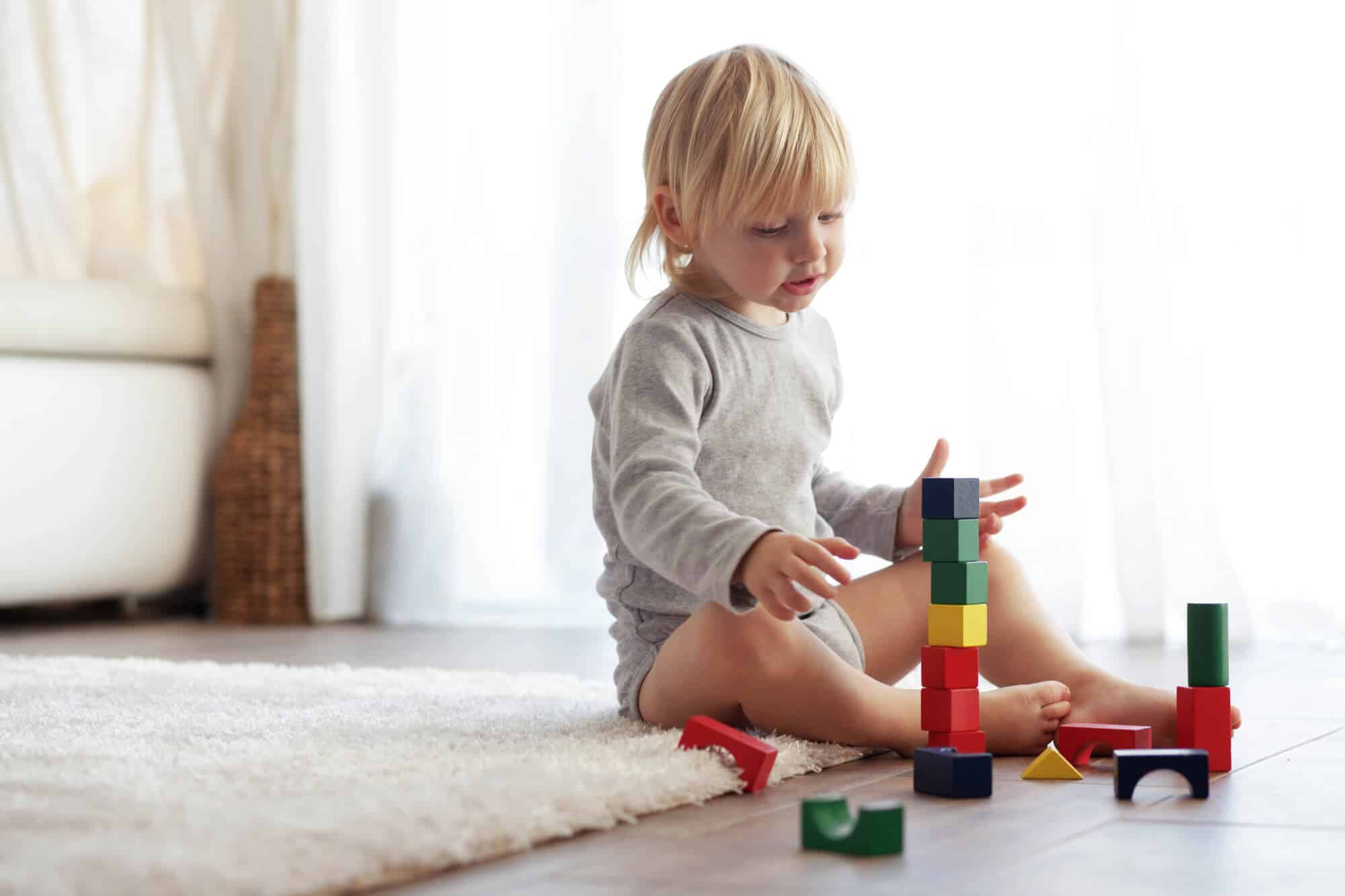


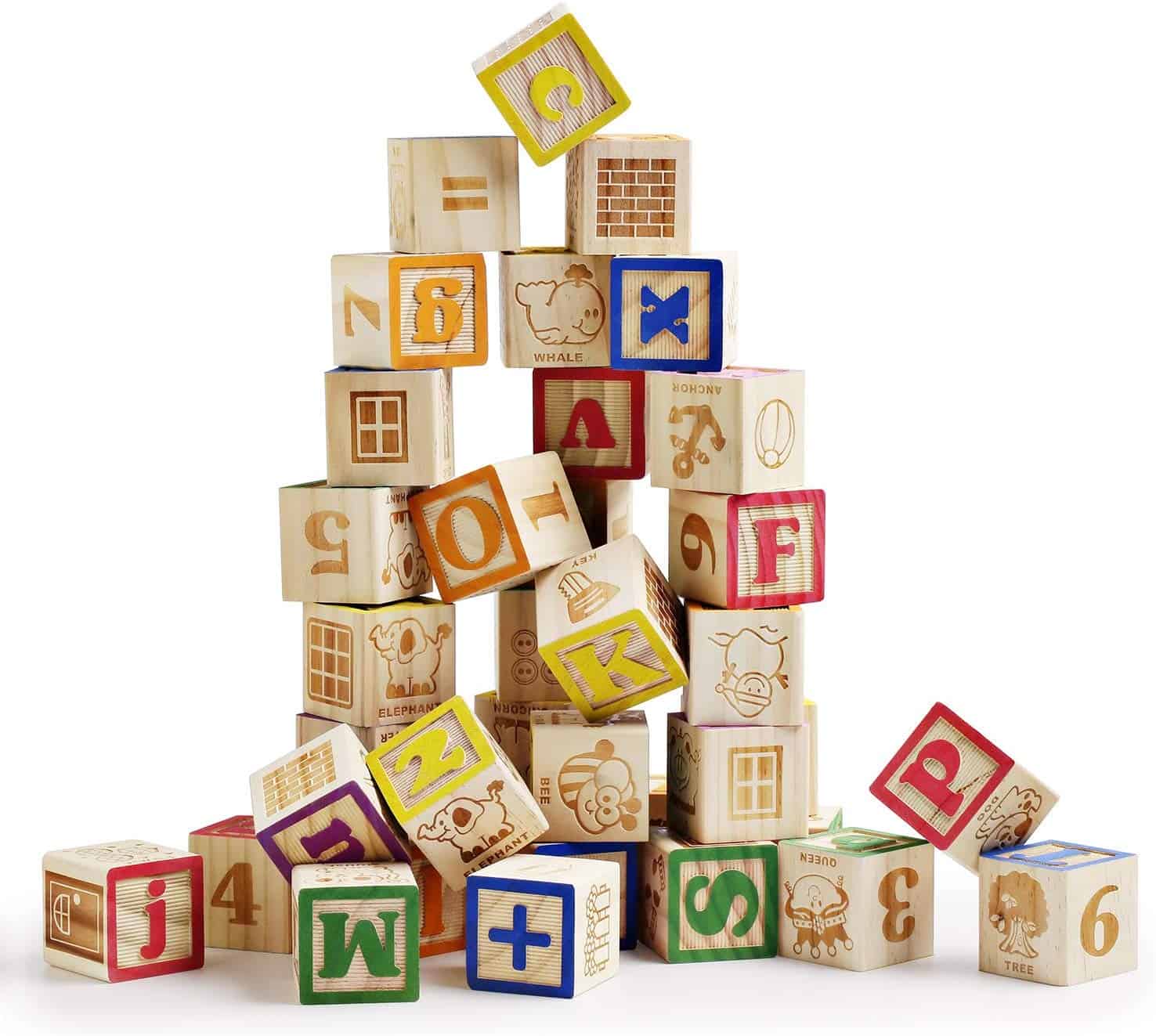

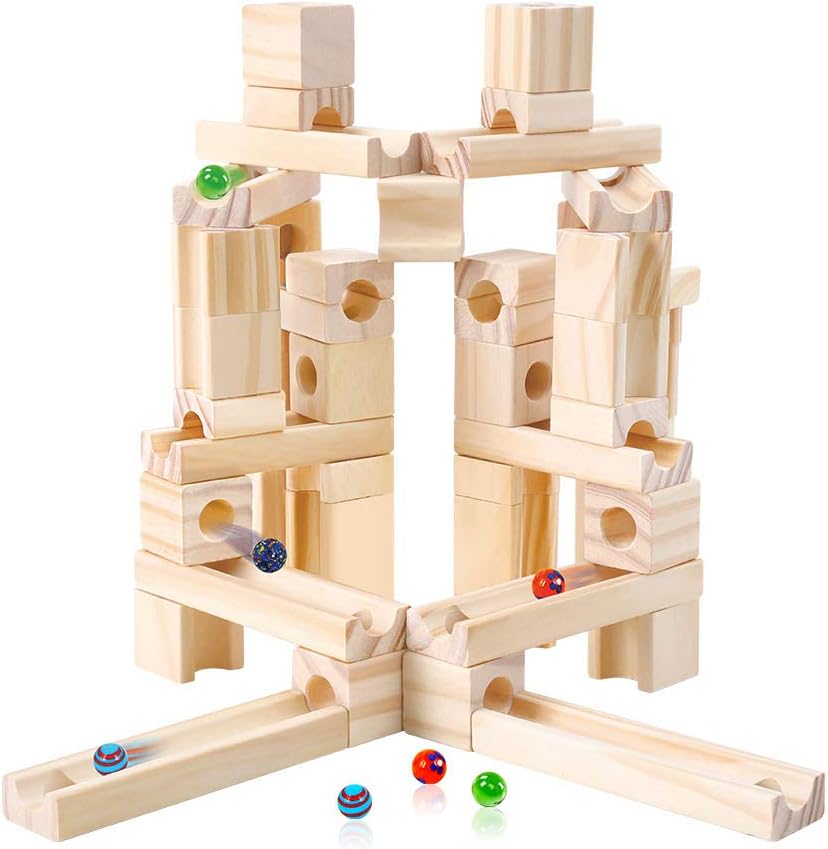
Leave a Reply